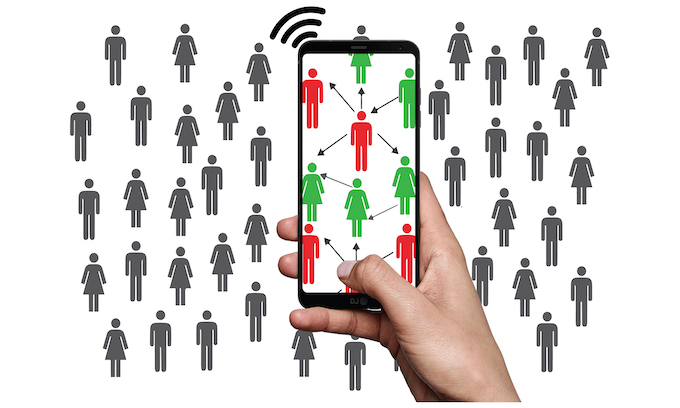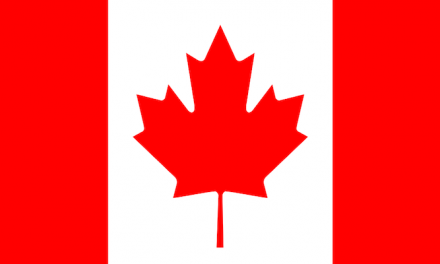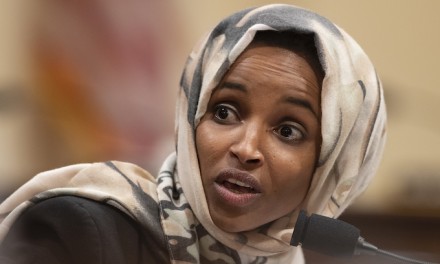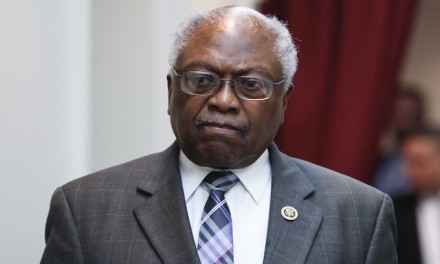Last week’s contact-tracing controversy — which Michigan Gov. Gretchen Whitmer described as an “unnecessary distraction” — has stalled plans for 3,500 volunteers to begin calling Michiganders who may be infected with the coronavirus.
It’s unclear when work will start or what companies will be hired to assist in the effort after the state canceled two contracts with vendors last week, health department spokeswoman Lynn Sutfin said Wednesday.
“This is a priority,” Sutfin said, adding that meetings are scheduled this week. “Right now, you’ve got almost 40,000 cases. Can you imagine how many people those 40,000 cases have been in contact with? This is a very large-scale process.”
By later that afternoon, the count had surpassed 40,000, hitting 40,399 cases.
Volunteers said they’ve been through training, but haven’t heard anything more.
Contact tracing — the process of identifying infectious disease carriers — is essential “for returning the world to normal,” a report published Tuesday in a Massachusetts Institute of Technology publication said.
The MIT Technology Review article argued that “virtually all medical professionals” agree that contact tracing is a vital part of a three-pronged plan to fight the virus: test, trace, isolate.
The article said testing is the “absolute top” priority, but tracing is crucial for stopping the disease from spreading out of control, and once people at risk are identified, they must be isolated to contain the spread of the virus.
What is different about contact tracing now, in comparison to efforts to stop other infections such as measles, HIV and Ebola, is that it “has never been done at the scale” needed to fight coronavirus, which is why Michigan has enlisted so many volunteers.
At the same time, the report also points out that the practice — like other questions about how to fight the pandemic — seems to be “caught in the political crossfire,” which helps explain what happened in Michigan last week.
Political crossfire
Where there has been a political clash, it seems to be falling along party lines: Democrats who support contact tracing, and Republicans who don’t — or have civil liberty and other concerns about how it will be done.
In addition to what unfolded in Michigan, the issue has been debated elsewhere.
Washington’s Democratic Gov. Jay Inslee told National Public Radio that a crucial condition to reopening the state’s economy was a “comprehensive and robust” contact-tracing system and it did not have that yet. In a speech, he compared it to a fire brigade.
New York Gov. Andrew Cuomo, a Democrat, has talked about building an army of tracers to fight coronavirus and identified it as a necessary component to reopen the economy.
Rudy Giuliani, a Republican former New York mayor and attorney for President Donald Trump, later mocked Cuomo’s contact-tracing comments on Fox News, calling it “totally ridiculous.”
Republican Rep. Andy Biggs of Arizona, who last week voted against a relief package, questioned in a floor speech whether contact tracing would “allow big tech companies to surveil” Americans and “then turn that accumulated information over to the government.”
And a recent Kaiser Family Foundation health poll showed that 81% of Democrats and independents were willing to download and use a contact-tracing app on their phones, compared with only 57% of Republicans.
Too few tracers
Another problem, experts say, is that there just aren’t enough tracers.
Michigan now has 130 professional health employees who are working with local health departments to investigate infections — what the state calls contact assessment — for a state with nearly 10 million residents.
Those workers were reassigned from other divisions specifically to track coronavirus cases. Before the pandemic, health officials said, contact tracing was done at the local health department level, with workers tracking some sexually-transmitted diseases, HIV and tuberculosis.
Last year, the state faced a measles outbreak with dozens of cases.
Health officials said professionals will be doing the interviews and assessments to determine who might have been infected. About 12,000 Michiganders have been contacted about potentially being infected as of last week, but that’s only about 0.1% of the population.
Then, the volunteers will be asked to call the folks daily who have been exposed, to help them monitor for symptoms, get help and stay isolated from others to contain the infection’s spread. Depending on how much time they commit, they may have just a few or several people to check in on.
Nationally, there are only 22,000 professional tracers, according to the Association of State and Territorial Health Officials, which represents the public health agencies of all 50 states.
Earlier this month, the association urged Congress to provide $3.6 billion to hire 100,000 more tracers at state and local government levels just to address the coronavirus pandemic.
Congress, the association said, “must provide long-term and emergency supplemental funding to expand the scale of disease investigation specialists and the contact tracing workforce” within existing public health agencies.
Privacy concerns
At the same time, the MIT report also emphasized that “privacy advocates and civil liberties campaigners have valid concerns” because tracing is “a form of surveillance that, in the worst case, can be abused by companies or governments.”
In Michigan, the health department said the vast majority of volunteers are “retired public health professionals, public health students and nurses” and will be required to sign nondisclosure agreements before starting any work.
That means they are prohibited from discussing information accessed through the project with external parties.
The controversy blew up last week after Livingston County Commissioner Wes Nakagiri, a Republican, signed up to be a volunteer, and then he publicly raised concerns about one of the organizations the state had contracted with, Every Action VAN.
Every Action VAN has overlapping leadership with NGP VAN, a privately-owned technology provider for Democratic campaigns.
Nakagiri said he supports contact tracing, but criticized how the program had been set up, calling it an “insidiously clever and deceitful way to take political advantage of the biggest public health crisis of our lifetimes.”
His criticism was followed by more, especially from other Republicans.
The other contract, which also was canceled, was with Great Lakes Community Engagement, which has partisan ties as well.
The health department said it selected these two groups because they offered the “software product that could do exactly what we needed it to do for this project, given the immediate public health crisis the state is facing.”
The software, officials said, is necessary to manage an enormous amount of data, such as cases, contact information, and who may have made what calls when. It also must connect with the state’s existing systems.
It was not intended to be part of a high-tech effort using to track cellphones using GPS or the kind of exposure notification system that Google and Apple have been developing that doesn’t reveal a person’s identity.
Other efforts
Nationwide, states are at different stages of developing contact-tracing systems.
— In Washington sState, one of the first areas nationwide to have cases spike, State Secretary of Health John Wiesman said an underfunded public health system had to be rebuilt. There, the aim was to have 1,500 contract tracers.
— Massachusetts budgeted millions to hire 1,000 contact tracers as the state hopes to fight surging virus cases and begin to relax some of its social distancing restrictions.
— California Gov. Gavin Newsom said the plan there is to hire 10,000 people to do contact tracing, an effort he added would build on existing efforts in local health departments.
Earlier this month, Canada put a national call for volunteers for contact tracers. “We need you!” the campaign said. “We are building an inventory of volunteers from which provincial and territorial governments can draw upon as needed.”
Canadian Broadcasting Corp. reported that by the deadline last Friday, Canada had received nearly 58,000 responses.
To activate Michigan’s volunteer program, officials hope to hire a new vendor or vendors that can provide appropriate software and support, and approve contracts though the State Emergency Operations Center, which is coordinating efforts, possibly within a week.
___
(c)2020 the Detroit Free Press
Visit the Detroit Free Press at www.freep.com
Distributed by Tribune Content Agency, LLC.
—-
This content is published through a licensing agreement with Acquire Media using its NewsEdge technology.



















Recent Comments